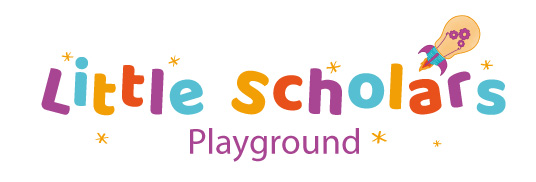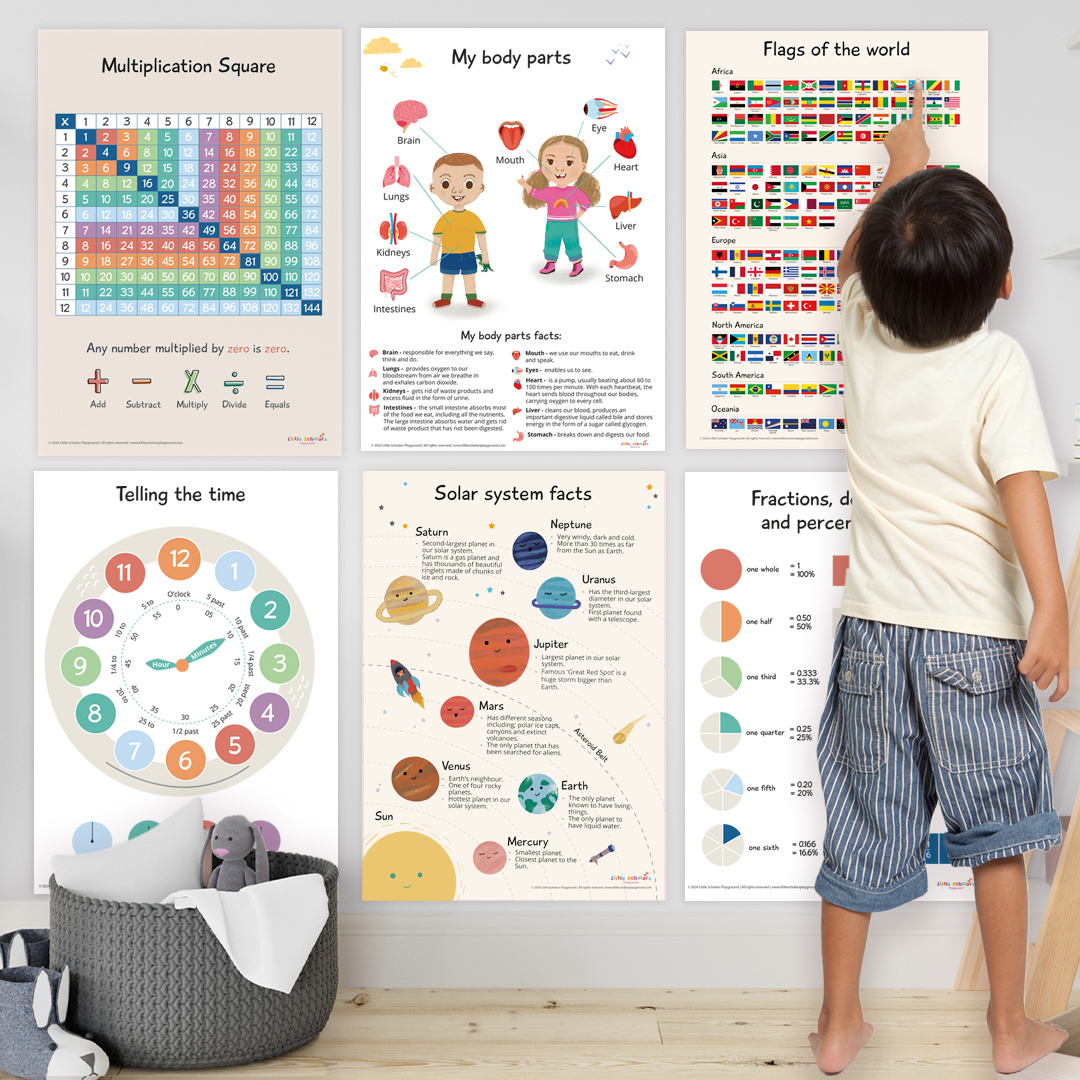Outdoor Activity Ideas for Kids Aged 2-10 years
The sun is finally shining! So we thought we’d write a guide with some exciting activities to inspire kids to get outside and connect with nature. From escapades in the garden to expeditions in the wilderness, there’s something for every young adventurer to enjoy. So grab your gear, put on your explorer hat and let’s embark on a journey of discovery!
Nature Scavenger Hunt
All kids love a scavenger hunt. Create a list of items for kids to find, such as pinecones, wildflowers, animal tracks or interesting rocks. Encourage them to use their observation skills and creativity to spot each item.
Scavenger Hunt Tips
Tailor your scavenger hunt to your local environment (e.g., urban parks, forests, beaches). Provide each child with a container or small bag to collect their treasures. Consider adding fun challenges or riddles to make the hunt even more exciting.
DIY Nature Journal
Encourage kids to document their outdoor adventures in a nature journal. Provide them with a blank notebook and art supplies to sketch, write, or collage their observations, thoughts, and discoveries.
DIY Nature Journal Tips
Encourage kids to write about what they see, hear, smell and feel in nature. Include prompts or drawing exercises to spark creativity (e.g., draw your favourite tree, describe the sounds of the park). Encourage regular journaling to track changes in the natural world over time.
Backyard Camping
Turn your backyard into a camping adventure. Set up a tent, roll out sleeping bags and enjoy a night under the stars. You can. Tell stories, stargaze and listen to the sounds of nature.
Backyard Camping Tips
Keep it simple with backyard-friendly activities like roasting marshmallows, playing flashlight tag or singing campfire songs. You can even invite friends or family members to join in the fun.
Nature Art Project
Get creative with nature-inspired art projects. Use natural materials like leaves, sticks, flowers and mud to make sculptures, photo frames or eco-friendly paintbrushes. Encourage kids to let their imaginations run wild as they experiment with different textures and colours.
Nature Art Project Tips
Provide guidance and inspiration, but allow kids the freedom to express themselves through their artwork. Display finished pieces in a nature gallery or outdoor exhibition to showcase their creations. Discuss the importance of environmental stewardship and how art can be a form of advocacy for nature conservation.
Wildlife Watching

Observe and learn about local wildlife in their natural habitats. Bring binoculars and a guide to identify birds, insects, mammals and other creatures. Keep a tally of sightings and take notes on behaviours, habitats, and adaptations.
Wildlife Watching Tips
Choose a quiet area with good visibility and minimal disturbances to maximize wildlife sightings. Practice patience and quiet observation to avoid scaring away animals. Respect wildlife from a safe distance and avoid feeding or approaching them.
With this outdoor activity guide, kids can embark on exciting adventures, which will help them foster a deeper connection with nature and unleash their creativity. Whether exploring the backyard or venturing into the wilderness, there’s endless fun to be had outdoors. So gather your young explorers and let the outdoor adventures begin!

Author

Natalie is the co-founder and illustrator at Little Scholars Playground. She is passionate about literacy, learning, illustrating, women in STEM and the Montessori practice.

